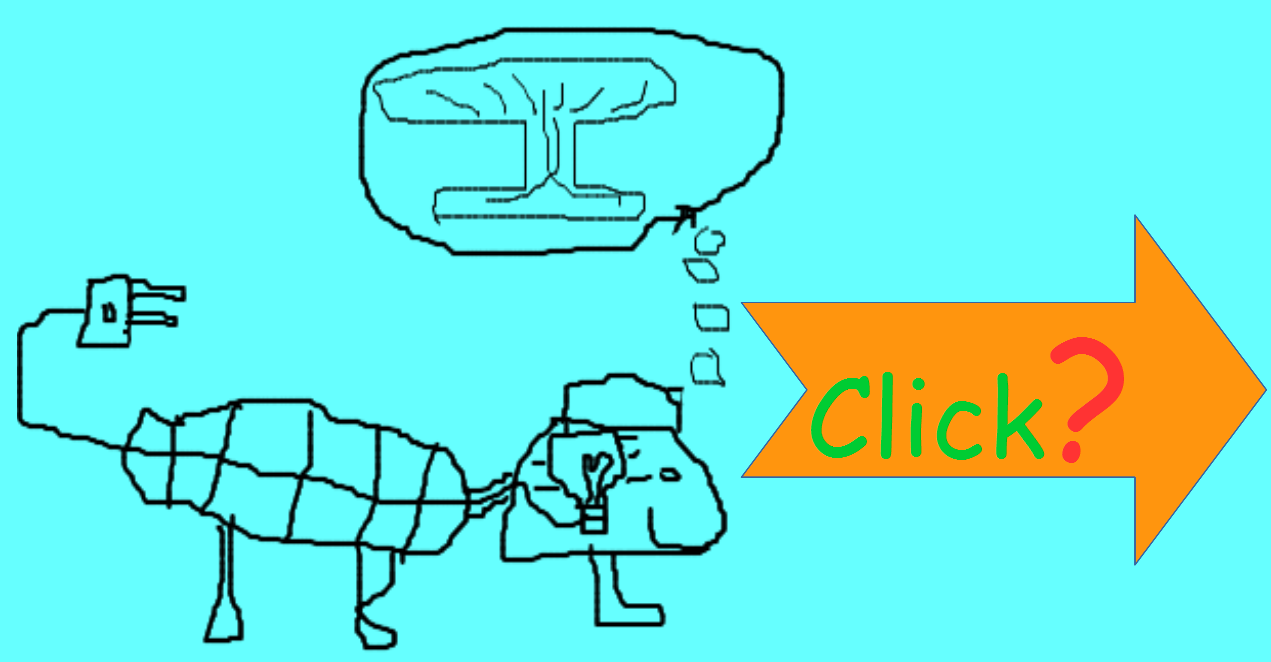page2022 Rings Matthias Lorentzen...mattegrisenforlag.com
Look at the picture beneath, then
scroll down to the question and click the correct Answer button.


Exercises: Ideals , Extensions & Vector Spaces
Exercise
Let us start with an exercise that bridges the concepts of ideals , simple extension fields,
and introduces vector spaces. Exercise 1: OK
Exercise 2:Field extensions as Vector Spaces.
Let F = `QQ` be the field of rational numbers. Consider the polynomial
`p(x) = x^2 - 2` `in QQ[x]`.
Problem statement:
Consider the field extension `L = QQ(sqrt 2)` , which is the smallest field
containing both the rational numbers and the square root of 2.
1. Demonstrate that L is a vector space over the field of rational numbers `QQ`.
2. Determine the basis for L as a vector space over `QQ`.
3. Calculate the dimension of L over `QQ` , denoted as `[L : QQ ]`.
Strategy and repetition of Vector Spaces:
A vector space (or linear space) V over a field F is a set V equipped with
two operations:
1. Vector Addition: For any u , v `bb in V` , there is a unique element `bb {u + v in V}`.
2. Scalar Multiplication: For any c `in F` and u `bb {in V}` , there is a unique element
`c bb {u in V}`.
To show that `L = QQ(sqrt 2)` is a vector space over Q , you need to confirm that these
properties hold.
Vector Addition: The elements of L are the vectors. is the sum of any two elements
in L also in L ? Does it behave tike regular addition (associative , commutative , etc.) ?
Scalar Multiplication: The elements of `QQ` are scalars. If you multiply an element
of L by a rational number , is the result still in L ?
Define the elements of L more concretely:
What does an arbitrary element in `QQ(sqrt 2)` look like ? How can you express every element
in this field using a minimal set of building blocks from `QQ` ?
Find a basis: Once you have a clear picture of the elements in L , look for a set of elements
that can be used to form any other element in L through a linear combination with
rational coefficients. A basis must satisfy two conditions: spanning
and linear independence.
Spanning: Every element in L can be written as a linear
combination of the basis elements.
Linear independence: The only way to write the zero element 0 as a linear combination of the basis elements is with all scalar coefficients equal to zero.
Calculate the dimension: The dimension of a vector space
is simply the number of vectors in a basis. Once you have found a basis , just count its
elements.
Which of the following sets is a basis for the field extension `L = QQ(sqrt 2)` when considered a vector space over the field of rational numbers:
A) `{ 1 , sqrt 2 }`
B) `{ 1 , sqrt 2 , sqrt 8}`
?
